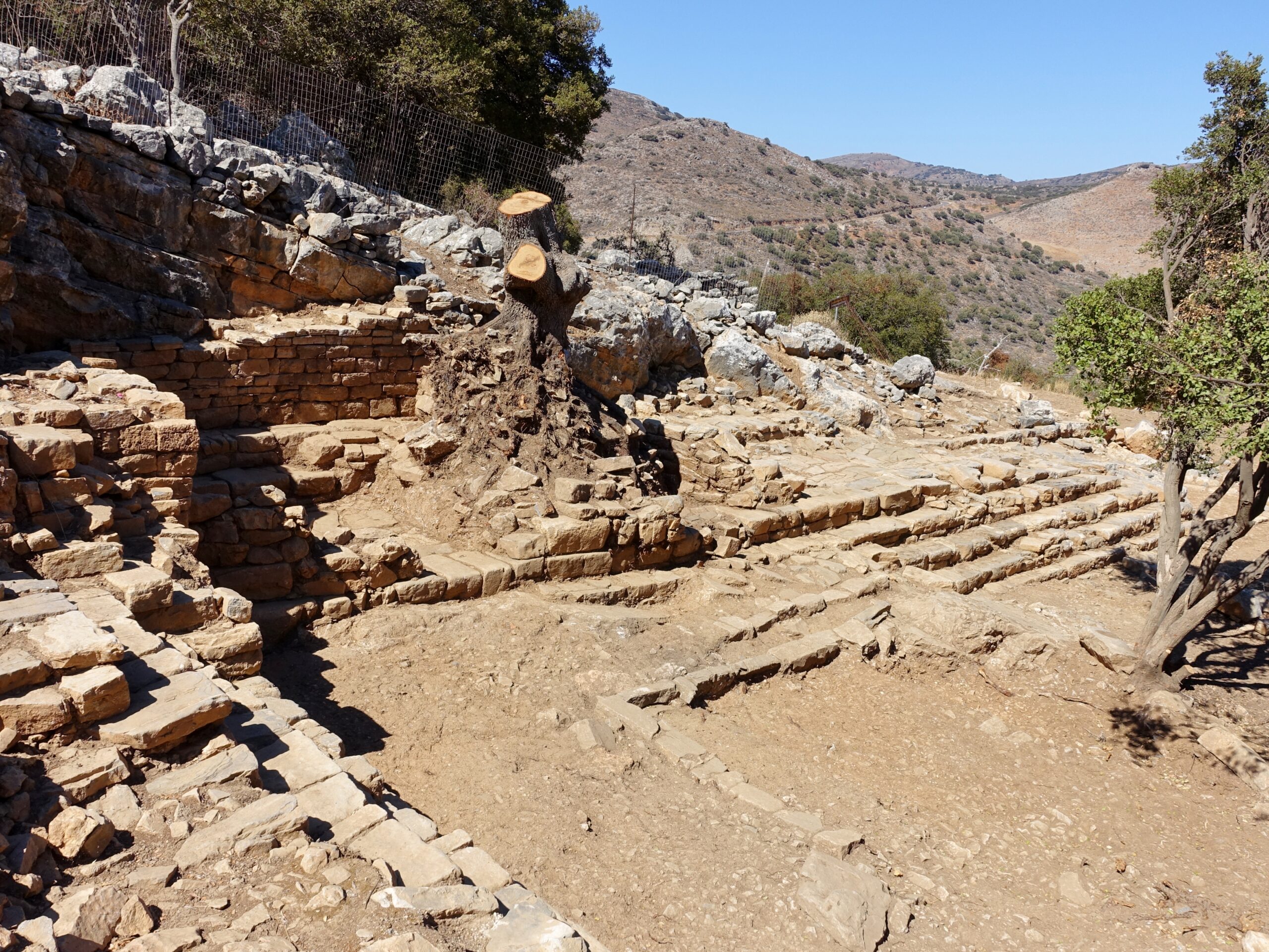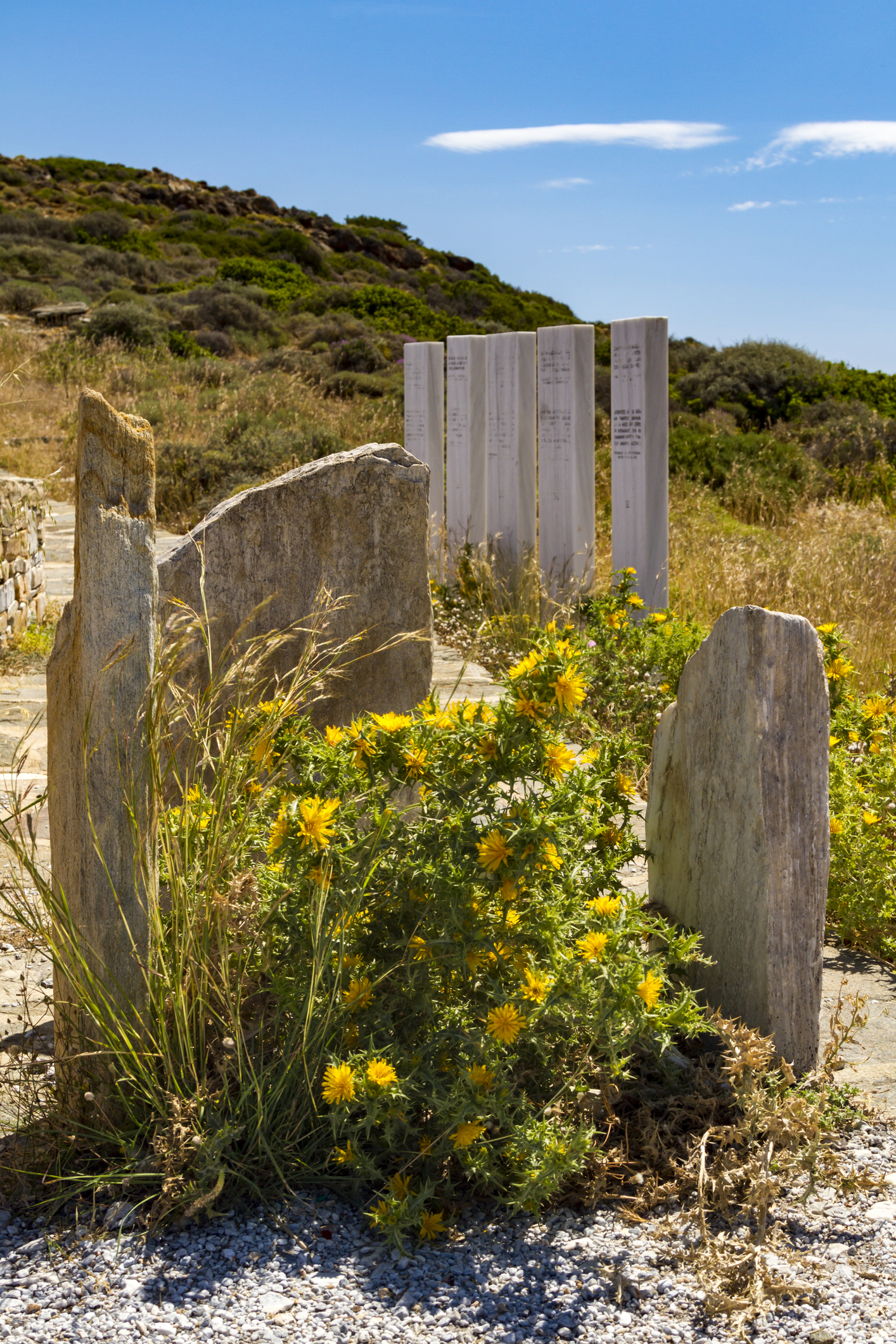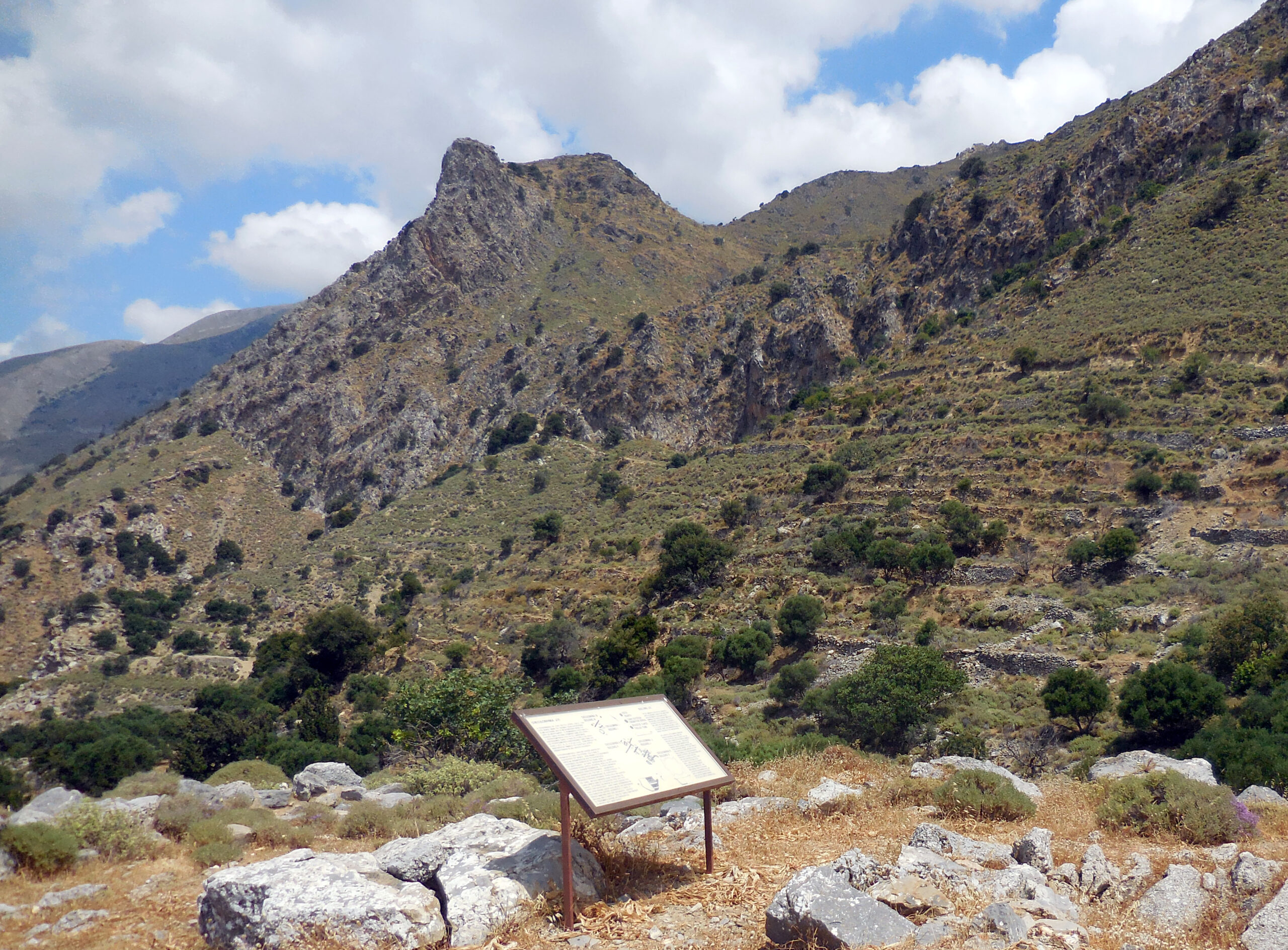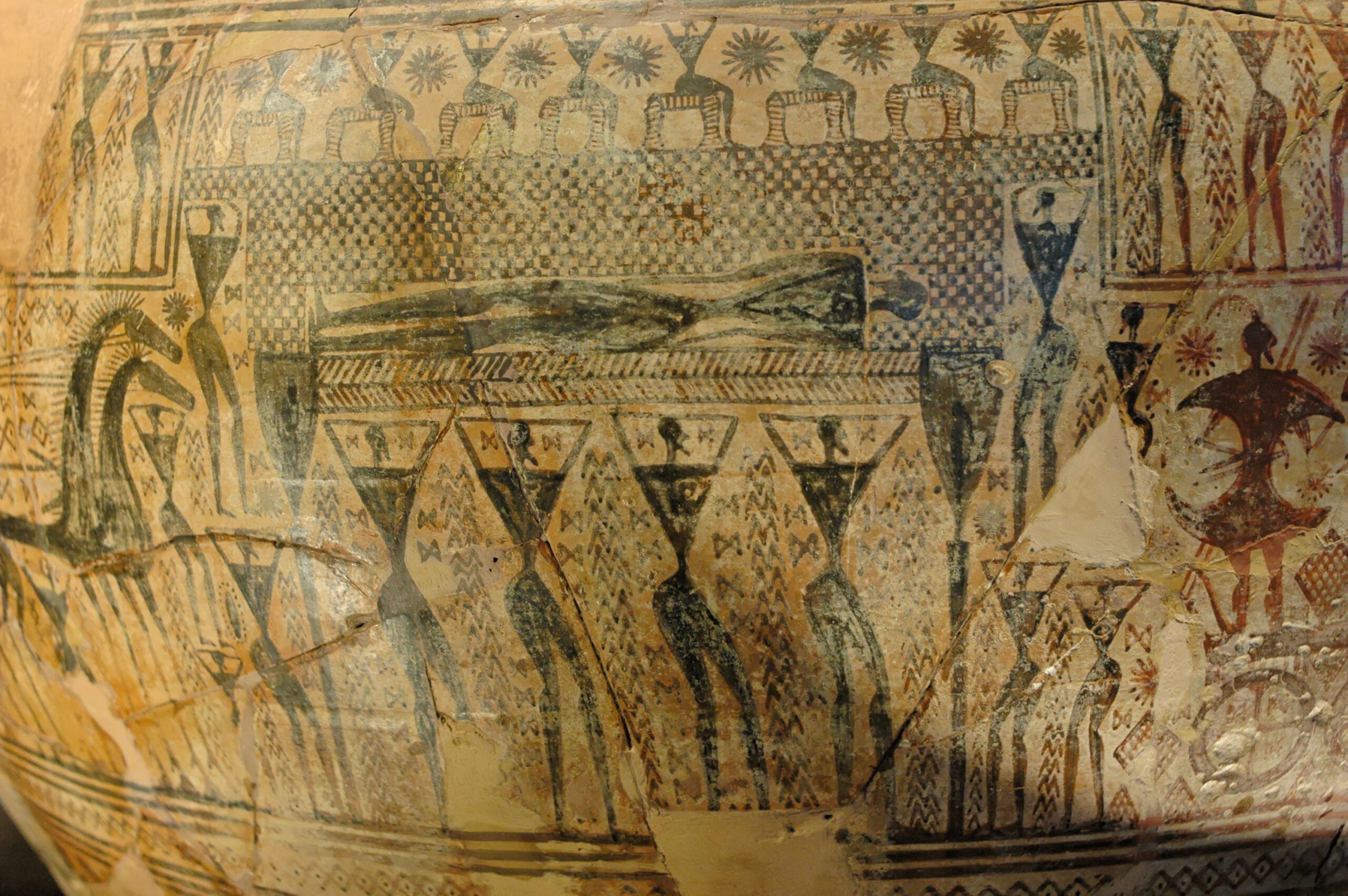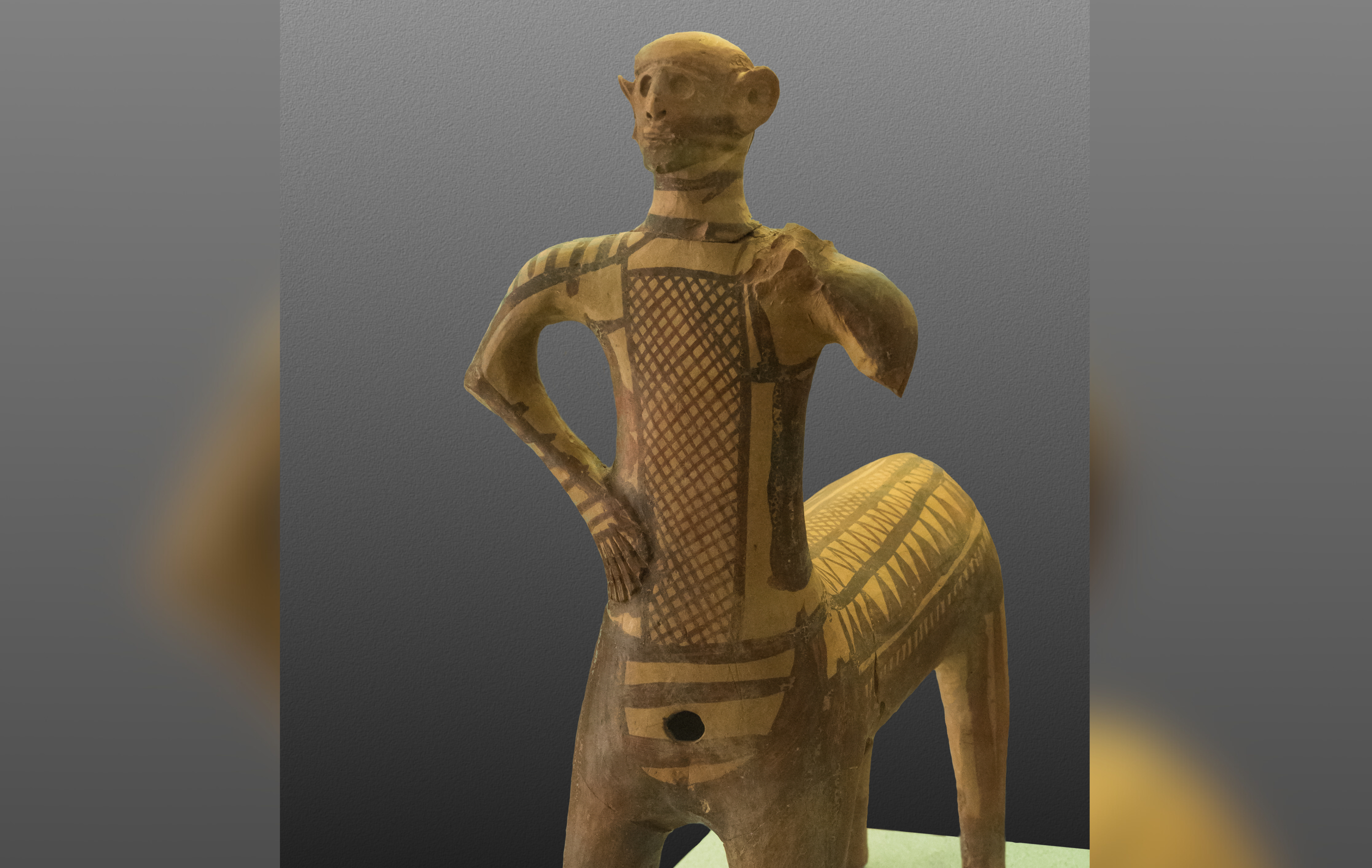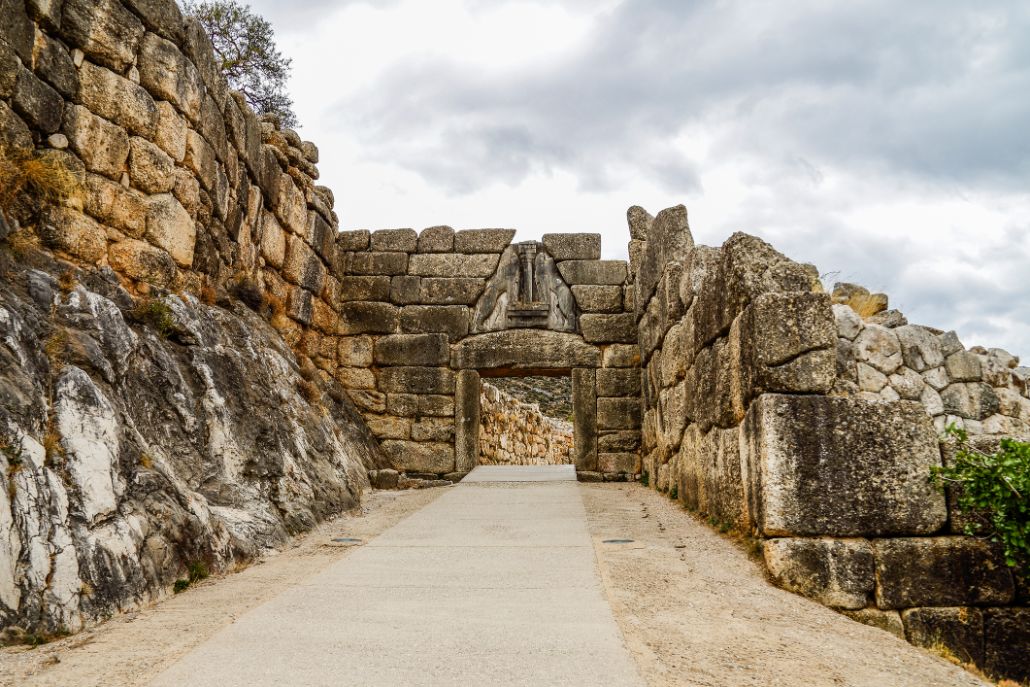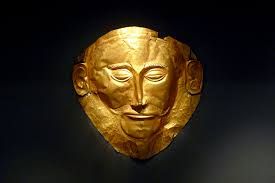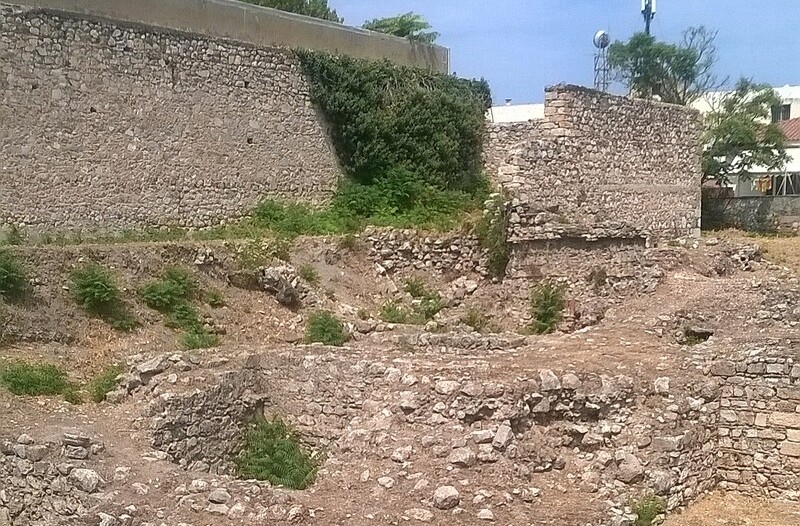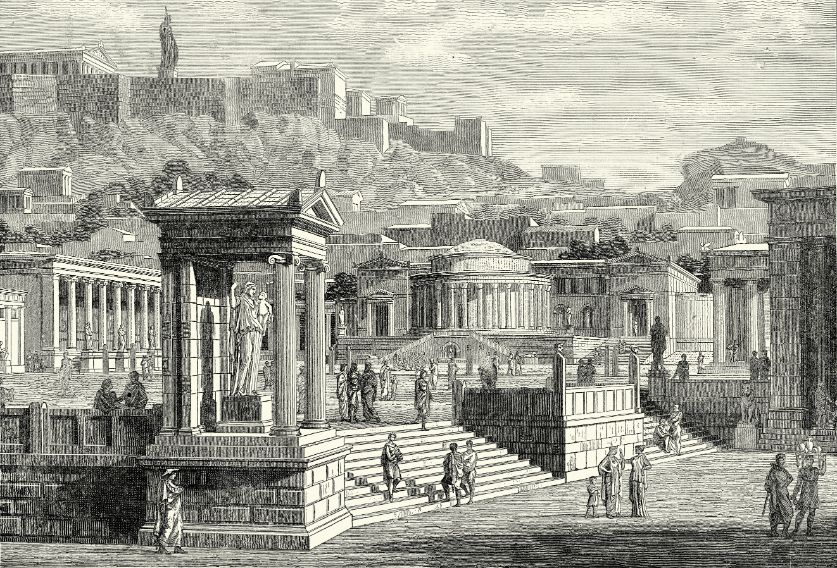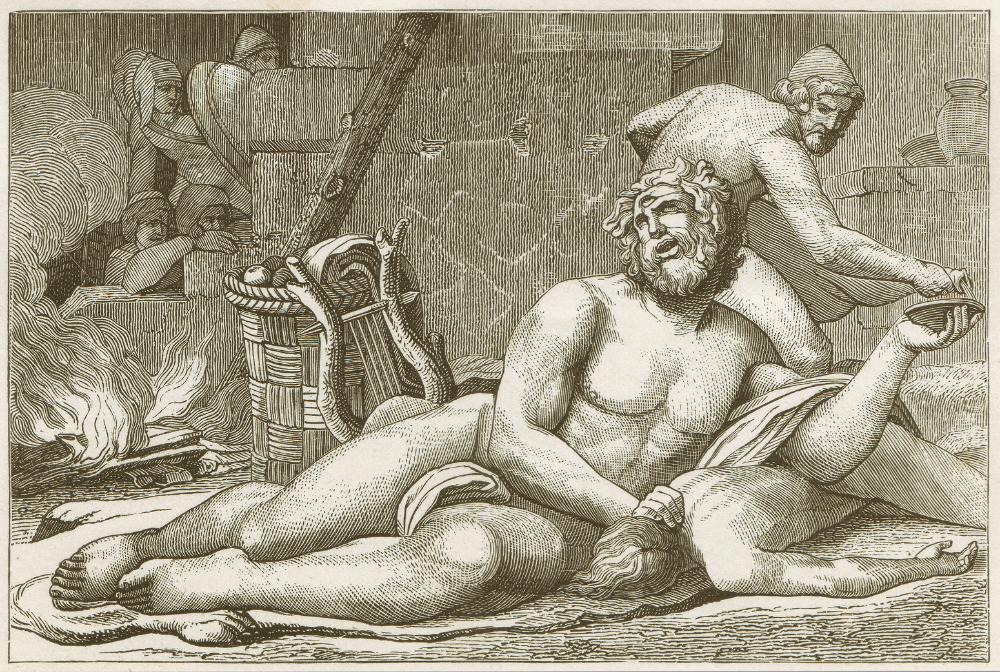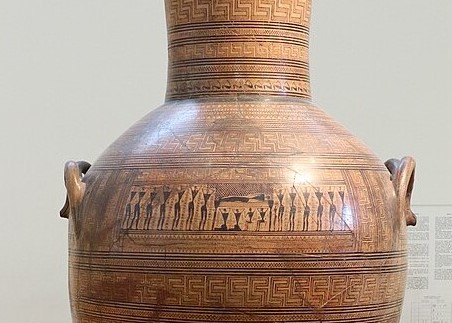How Dark Age wooden sanctuaries shaped ancient Greek religion
Long before the marble temples of the classical period, ancient Greeks worshipped their gods in modest, often perishable structures. During the so-called Dark Age, especially between the 10th and 8th centuries BC, archaeologists have identified evidence of early cult activity in sites such as Dreros (Crete), Daphne (Attica), and Smyrna (modern-day İzmir)—long before the rise of monumental stone temples.
One of the most important finds comes from Dreros, where a small rectangular building with a central hearth, stone bench, and cult statues (dated around 750–700 BC) has been interpreted as one of the earliest known Greek temples. Built largely of mudbrick and wood, it likely served as a local shrine to Apollo. Its simple layout and use of perishable materials reflect the transitional character of Dark Age religion—somewhere between Mycenaean palace cult and later polis-based public worship.
Earlier still, in Kalapodi (Phocis), continuous worship from the Mycenaean period through the Dark Age is attested, showing religious continuity despite political collapse. Excavations have revealed small one-room structures, hearths, and votive offerings, including bronze figurines and ceramic vessels.
These findings challenge the myth that Greek religion “began” with Homer or classical Athens. Instead, they reveal a quiet but resilient ritual tradition, anchored in wood, earth, and community—one that laid the foundations for the sacred architecture and symbolism of the Archaic and Classical worlds.
Photographer: Olaf Tausch
License: CC BY 3.0 DE (Creative Commons Attribution 3.0 Germany)

